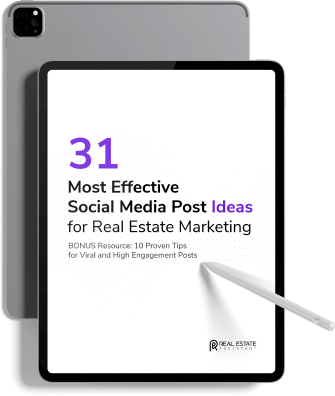- Why buy a place in France?
Buying a French home is a major financial decision, so it’s important to be clear about your objectives. Are you looking to make an investment, or do you plan to relocate and work, set up a business, or even retire? If your purchase is a holiday home, will you make long weekend trips, or lengthier stays? Answering these questions will help identify the type of property best suited to your needs, and its ideal location.
- Where to buy your French home
Obviously we’re big fans of the Languedoc, but France has 21 other regions too! France is a huge country boasting a wide variety of landscapes, several climatic zones and numerous micro-climates; narrowing down your search area is key, and clarifying your criteria will help. Joe Laredo’s “The Best Places to Buy a Home in France “(published by Survival Books, £11.95, www.survivalbooks.net) is a good starting point. Note that plural on “Places…” – there are so many great spots in which to look, so keep a sense of perspective: you can’t visit them all. Why not try the Languedoc for starters?
- The location of your French property
It’s been said a hundred times, but it’s worth repeating: location is all-important. You can renovate, restore, rebuild, modernize, extend and transform a house, but its location cannot be altered. Our advice is to plump for a property in reasonable condition in a popular, accessible area, rather than a dream home in a remote spot. You can always do some DIY to turn a modest home into a fabulous French pad, but no amount of cash will transform an isolated spot into anything else. Lost in France was a hit record – but you don’t want it to become Your Tune. Talk to a local realtor there and have them or their real estate virtual assistant search and look for 3-5 best properties for you.
- Buy your French home according to your life stage
For retirees, sunshine may be a “must”; being within walking distance of a doctor, a post office, and a couple of shops could be very helpful in later years. Having neighbors nearby can provide a helping hand and some extra security for older folk. For young families planning to relocate to France, access to schools and leisure facilities will probably be important. When buying a French property, take into account your current needs – and also how they may evolve as years go by. Ask some guidance from your financial advisor or from their insurance virtual assistant if your kind of lifestyle is suitable for living in France.
- French property – what does it cost?
As a general rule of thumb, the closer you are to a major town or the coast, the higher prices will be. French property is at its cheapest in the countryside; city homes can cost two or three times as much. Property in chic resorts on the Mediterranean coast can cost as much as €3,100 per square meter, but Paris takes the biscuit at an average €4,385 per square metre. In some rural areas, it is possible to buy an old home in need of extensive work for as little as €50,000, but budget at least the same again to make it habitable. For a family-sized home with several bedrooms, a garden, and a pool, allow upwards of €200,000, depending on the area.
- French property price trends
Annual increases of up to 20% have been seen in the most popular areas of France since 2000. For Brits, French property still offers excellent value; prices are typically 35-60% of those in the UK, peaking where the demand for holiday homes is the strongest, i.e. the Atlantic and Mediterranean coasts and Alpine ski resorts. Check the prices of French property advertised online or in specialist magazines to see how they vary from one region to another.
- Travelling to your French home
Before settling on your French property purchase, ask yourself: how long will it take to get there, door to door? Are there any direct travel options? How much are they, and how frequent, year-round? Is travelling by car a possibility? There’s arguably little point in buying a dream home in a highly inaccessible spot; more time traveling means less time relaxing, and you may have problems when it comes to selling on.
- House hunting in France: try before you buy
Unless you know exactly what kind of French home you want, and precisely where it should be, it can be wise to rent a property. If time allows, give yourself the chance to experience an area, its inhabitants, weather, services, amenities and cost of living, throughout the year – or at least out of the high season. Spending a week’s summer holiday in a pretty French cottage is one thing; living in a damp, drafty old house in the height of winter is quite another.
- French property types
Hunting for a home in France? You’re spoiled for choice, as France offers a wealth of property types, from older, period homes with charm to more recent constructions with all mod cons. A third option is a brand new, off-plan purchase (in other words, reserve a home within the development and then wait for it to be built; completion time is typically 12-18 months). If you prefer your French home to be made-to-measure, a maison individuelle can be built to your specific design.
- Buying an old French home
For a French home with character, ripe for renovation, with land and maybe outbuildings, you will inevitably be looking at an older (pre-1945) property. Remember that renovation or modernization costs are nearly always higher than estimated, and the price of many renovated properties does not reflect the time and money invested. Older buildings inevitably cost more to maintain. Still, what price the charm of vieilles pierres (old stones) and original features?
***
Need help with your daily tasks as a realtor, mortgage broker, or insurance agent? Get in touch with us at Real Estate Assistant for a FREE DEMO.



